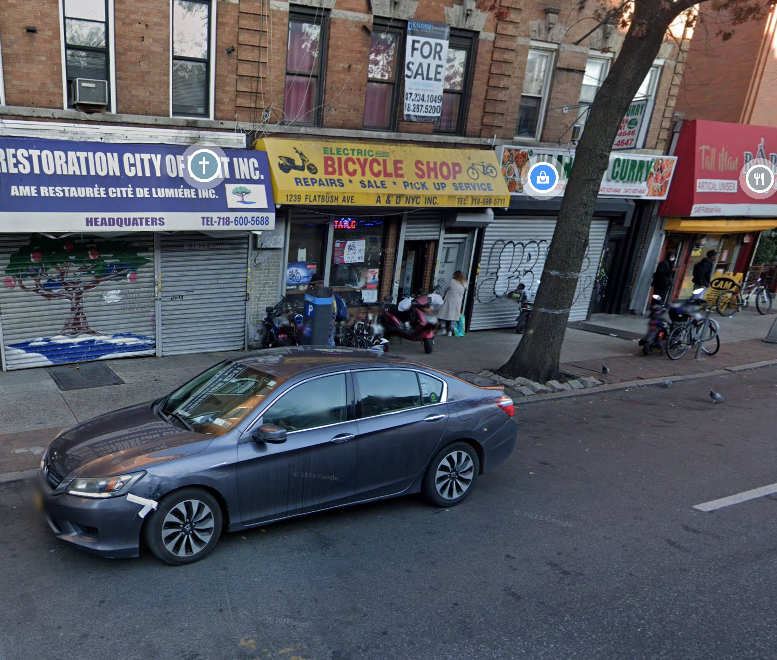Bike shop owner arrested for selling illegal lithium batteries
 The recent arrest of an e-bike shop owner in Brooklyn for unsafe storage and sale of illegal batteries marks a significant moment in the enforcement of safety regulations surrounding lithium-ion batteries. This event, unfolding at the Electric Bicycle Shop at 1239 Flatbush Avenue, serves as a crucial case study for understanding the intersection of legal accountability and public safety in the rapidly growing e-bike industry.
The recent arrest of an e-bike shop owner in Brooklyn for unsafe storage and sale of illegal batteries marks a significant moment in the enforcement of safety regulations surrounding lithium-ion batteries. This event, unfolding at the Electric Bicycle Shop at 1239 Flatbush Avenue, serves as a crucial case study for understanding the intersection of legal accountability and public safety in the rapidly growing e-bike industry.
The Electric Bicycle Shop, known for selling and servicing e-bikes, came under scrutiny following multiple civil summonses issued for safety violations related to the storage and charging of lithium-ion batteries. The situation escalated when fire marshals discovered the store was not only neglecting these safety protocols but was also selling uncertified, illegal batteries—a serious violation of newly implemented city regulations.
Legal Implications for the E-Bike Industry
The arrest of Tian Liang Liu, the store owner, on charges including reckless endangerment highlights the increasing legal stakes for businesses that fail to comply with safety standards. This case is particularly notable because it represents the first instance where criminal charges have been applied in such contexts, signaling a shift towards more stringent enforcement by city authorities.
The repeated violations at the Electric Bicycle Shop illustrate a dangerous pattern of non-compliance that not only jeopardizes public safety but also exposes the business and its owners to severe legal consequences. The sale of illegal uncertified batteries, in particular, poses heightened risks as these products are more likely to malfunction and cause fires.
Best Practices for Business Owners
Business owners dealing with lithium batteries must take this case as a cautionary tale. Best practices to be exercised by business owners to ensure the safety of the public include::
1. Ensure all batteries sold or used are certified by recognized safety standards organizations like UL Listed.
2. Implement and rigorously enforce guidelines for the safe storage and charging of batteries.
3. Keep abreast of all relevant regulations and changes in the law concerning battery safety.
4. Regularly consult with legal experts to ensure compliance with all local and federal laws.
The FDNY’s decision to press criminal charges in this case is a clear message to all e-bike retailers and service providers about the serious nature of their responsibilities. As attorneys specializing in lithium battery accidents, we urge all stakeholders in the e-bike industry to consider this a pivotal moment to reassess their practices and ensure they are not only legally compliant but also prioritizing the safety of their customers and the public.
Read more about the arrest in The City
Picture source: Google Map
 New York Personal Injury Attorneys Blog
New York Personal Injury Attorneys Blog


